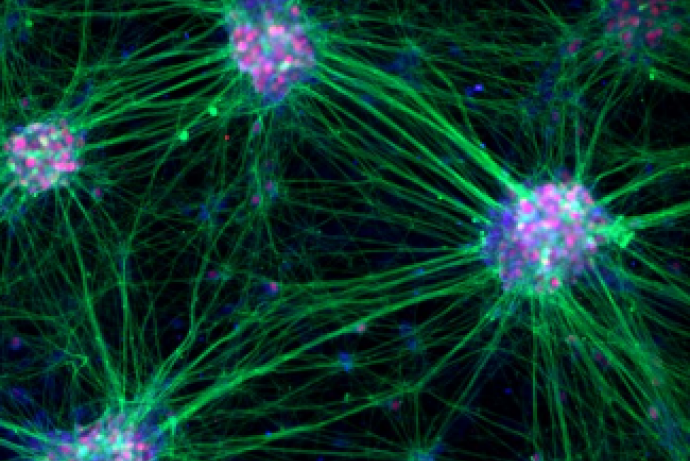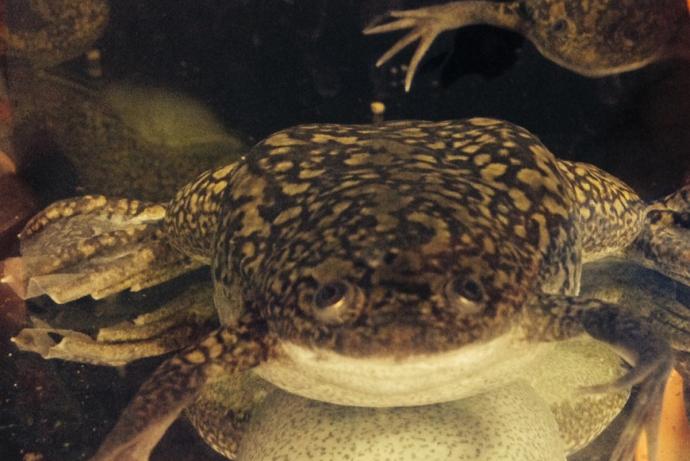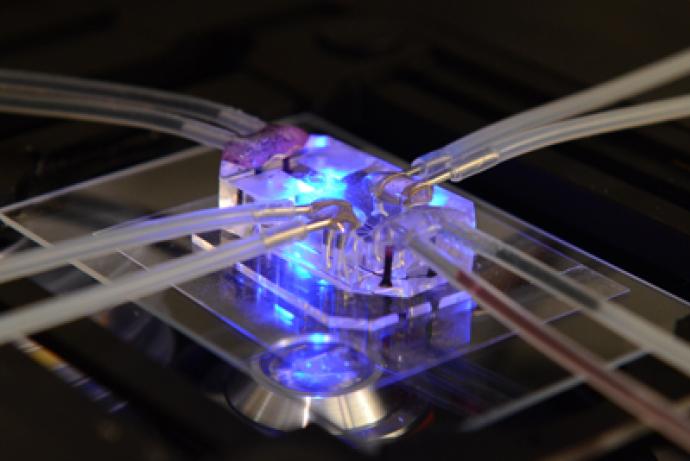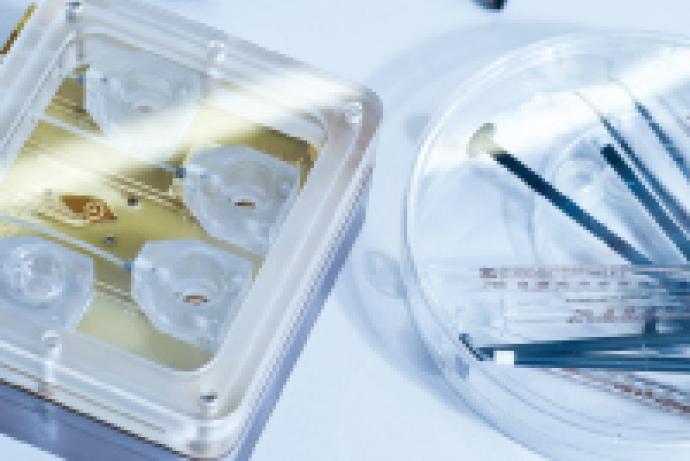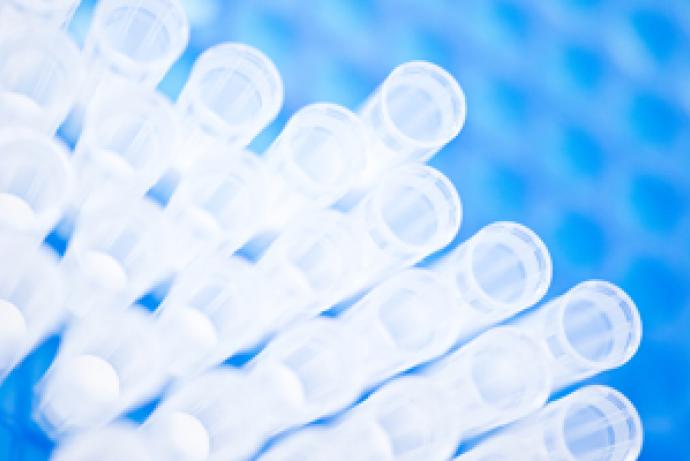Transnetyx Tissue (Formerly BrainBits®) provides micro-surgically dissected tissues from rats and mice (wild type and transgenic models) to researchers around the world. Transnetyx Tissue dramatically reduces the number of animals needed for the same amount of research by better coordinating dissections. Tissues are delivered suspended in proprietary media and are available for use immediately without any further preparation. Traditional methods of tissue sourcing often dictate labs animal orders to fill a specific tissue need (i.e. a lab would order one animal for cortical tissue). At Transnetyx Tissue, one animal can provide multiple tissues to independent labs (cortex, striatum, heart, etc), dramatically reducing the animal burden.
Traditionally, researchers have two options for procuring tissue/cells from rats and mice:
- Researchers can order animals from breeders and maintain colonies at their own facilities. This is expensive, time consuming, and results in a large amount of wasted tissue. If an animal is needed for cortical tissue, many other tissue types are routinely discarded even though they could be used by other researchers. Also, harvesting primary cells can significantly alter behaviour and gene expression, and the choice of plastics, media and different techniques can all cause the cells to display different characteristics.
- Researchers can order commercially available cryopreserved cells. These cells lack traceability (they are aliquoted samples from larger batches of many pieces of tissue) and are an inferior product to fresh tissues because they are exposed to harsh freeze/thaw cycles resulting in dramatic cell viability loss (MTI-Global Stem, a Thermo Fisher Company guarantees 50% viability, other frozen cell providers guarantee less). Freezing cells also causes downstream problems with damage to proteins that can lead to the cells not functioning properly causing issues in DNA/RNA analysis and the testing of other proteins and peptides.
Transnetyx Tissue provides micro-surgically dissected tissues from rats and mice (wild type and transgenic models) to researchers around the world. Transnetyx Tissue limits variables by standardising protocols for every procedure carried out by our highly trained staff. All use protocols are available for customers to review and cite.
Transnetyx Tissue (Formerly BrainBits®) was founded by Dr Gregory Brewer in 1999 after the formulation of a nutrient rich media that allows transport of live tissues outside of an incubator. Transnetyx Tissue is a central processor of tissues allowing researchers around the world to work directly with fresh animal tissues and cells without the need to ever work directly with live animals. Transnetyx Tissue is able to dramatically reduce overall animal use by aggregating tissue needs from labs around the world and supplying all of the tissue from a smaller number of total animals.
Transnetyx Tissue expert technicians are highly trained, ensuring only the required tissue is isolated. This improves the consistency of end user data and reduces the number of animals required per study. Using Transnetyx Tissue technicians to meet your primary tissue needs also removes the need for you to spend time, effort and animals training your own staff in these procedures.
Transnetyx Tissue formulates a number of proprietary media that provide the nutrient rich environments needed for the survival of tissues and cells at ambient CO2 levels during shipment and storage. The Transnetyx Tissue media contains anti-oxidants to reduce reactive oxygen damage to membranes, proteins and DNA, ensuring there is limited adverse cell stress and negligible losses in cell viability. When tissues and cells are kept in Transnetyx Tissue media, they can be stored at 4oC for up to one week (depending on cell type) with minimal loss in cell viability. This enables Transnetyx Tissue to make multiple tissue dissections from a single animal and deliver separate tissues to researchers around the world. With greater viability than frozen cells, Transnetyx Tissue fresh cells increase the likelihood of success and reduce the number of animals needed to attain the same cell counts.
Transnetyx Tissue is dedicated to facilitating research requiring primary rat and mouse tissues. Transnetyx Tissue works with Charles River and other major breeders to source animals, including wild type and genetic models. Most orders are fulfilled within one week of receipt. Some common research applications of Transnetyx Tissue products include:
- Pathological biological mechanism underlying neurodegeneration.
- Pathophysiology of pain.
- Therapies for disease.
- Developing prospective drugs.
- Screening carcinogenic agents.
- Researching the activity of viruses.
Transnetyx Tissue is seeking industrial and academic collaborators that require a reliable source of primary rat and mouse tissue and cells for research. They are keen to explore novel applications of cells and tissues to help develop new or existing technology platforms, drugs, therapies, or screening tools / protocols where researchers would have needed to harvest their own cellular material. Transnetyx Tissue is also interested in further developing internal product capabilities beyond CNS and Cardio and showcasing primary cells as a reliable and valuable research tool.
Transnetyx Tissue will work directly with researchers to refine techniques, formulate unique medias, and create specific protocols for isolation and use of new tissue and cell types to meet their research needs.
Conservative estimates suggest Transnetyx Tissue is able to offer a greater than 50% reduction in the number of rats / mice needed to deliver primary cells globally. The two points below highlight how this is possible:
- Efficient use of animals: Transnetyx Tissue enables researchers to efficiently share tissue from the same animal, rather than using one animal each to isolate the desired tissue. In practice we are capable of providing, to multiple clients, on average more than 10 pieces of tissue from each animal that passes through our facilities. This results in a significant reduction in animals needed.
- Over ordering: Researchers will often over order animals to ensure they have sufficient tissue for their research needs. For example, if a researcher requires 10 pieces of embryonic striatal tissue from a Sprague Dawley rat they may order two or three pregnant females to address uncertainty in litter sizes (this can range from five to 12) and any issues relating to animals not being pregnant or pups being reabsorbed during transportation.
Transnetyx Tissue provides tissue to many labs and can rely much more on the average yield of pups to decide how many animals to order. This leads to significantly fewer animals being ordered. For an additional 10 pieces of embryonic striatal tissue, we would only think of adding one additional animal. This results in a 67% reduction in animals needed.
